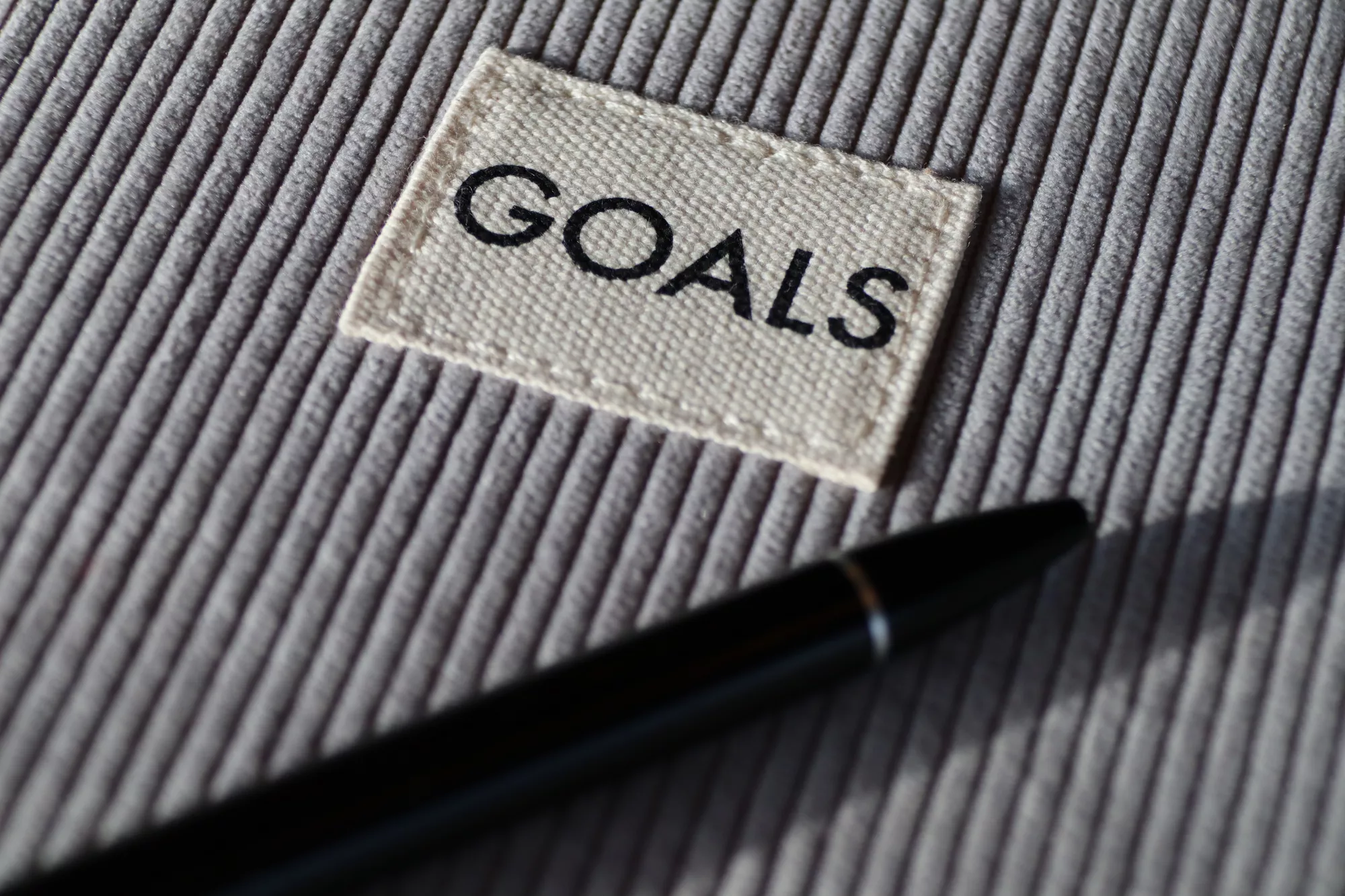Setting yourself a goal vs. breaking habits
A new week, month or year often feels like the time for a fresh start. A clean slate. The famous New Year's resolutions are often made. But how often are they really kept? How often have you started something in good spirits, only to quit after a few days or weeks?
The answer is almost always in one mechanism: we try to learn something new without first learning our break habits.
We resolve to live healthier, exercise more often, scroll less or get more rest. But as long as we keep our old patterns intact, we keep bumping into the same ceiling. New habits only emerge when we first dare to break our existing break habits. That is the basis of real behavior change.
Why persistence is so difficult
Setting a resolution for yourself is not that difficult. It feels good, hopeful, like taking charge. But keeping it up? Therein lies the challenge. Because that's when you come face to face with your automatic behavior. And that requires the breaking habits which have been firmly established for many years.
In our daily lives, we are constantly guided by routines. We think we make conscious choices, but much of our behavior happens on autopilot. The only way to achieve lasting change is to recognize these automatic patterns - and then purposefully change your break habits.
The myth of the radical turnaround
Many people think that break habits means that you have to change your whole life. That you have to become completely someone else. But that's not true. The most powerful changes are often small. Subtle. Practical. And above all: repeatable.
Just by making small changes in your routine, you can achieve a lot in the long run. And it starts with being aware breaking habits that no longer help you. Not from discipline or coercion, but from insight and choice.
What makes breaking habits so difficult?
Our habits are linked to triggers, rewards and emotions. A pattern that looks like this:
-
Trigger - Something triggers the behavior (internal or external).
-
Need - You feel an impulse or urge.
-
Response - you do what you always do.
-
Reward - you get a brief pleasant feeling.
-
Emotion - you feel pride, regret, relief or frustration.
Do you want to break through this? Then you need to influence each of these five steps. You must learn to recognize the trigger, understand the need and consciously choose the response. Only in this way can you overcome old break habits and replaced with new ones that suit you better.
An example: eating out of habit
Suppose you see someone eating something (trigger). You get hungry, even though you are not hungry (need). You open your kitchen cabinet (reaction), grab something tasty (reward) and then perhaps feel guilty or satisfied (emotion).
To break this cycle you can:
-
The trigger avoid (e.g., taking other lunch breaks).
-
The need fill in differently (e.g., drink water or wait 5 minutes).
-
The response replace (e.g., choose a healthy snack).
-
The reward make conscious (e.g., enjoy the feeling of control).
-
The emotion reinforce (e.g., appreciate yourself for your choice).
And you repeat this process. Over and over again. Because break habits requires not one big decision, but many small victories.
From breaking to building
Breaking habits is step one. But what comes next is just as important: building new, sustainable patterns. Patterns that fit who you are, what you stand for and where you want to go.
That's why we say with every program: make it fun, make it light, and celebrate every step forward. Every time you take an old breaking the habit and choose something new, you are investing in a stronger version of yourself.
Getting - and staying - in motion
The good news? The more often you do it, the easier it becomes. Breaking habits can feel at first like swimming against the current. But eventually a new current emerges. A new standard. A new habit.
And yes, sometimes you fall back. But that doesn't mean you've failed. It just means that the pattern is still active. That too is an opportunity to make another conscious choice. To rediscover your break habits - And coming back a little stronger this time.
So: what do you want to break through?
What habit keeps you small, tired or frustrated? And what's the first mini-step you can take today to break those break the habit?
Because if you stop putting your focus on everything you need to change and instead focus on breaking one concrete habit, then everything you want to achieve will come closer step by step.
Summary:
- Learning habits = breaking old habits
- Small adjustments = big impact
- Behavior change = repetition + positive experience
- Start with one pattern
- Reward every step forward
You don't have to work harder. You only need to break smarter with what no longer serves you.


